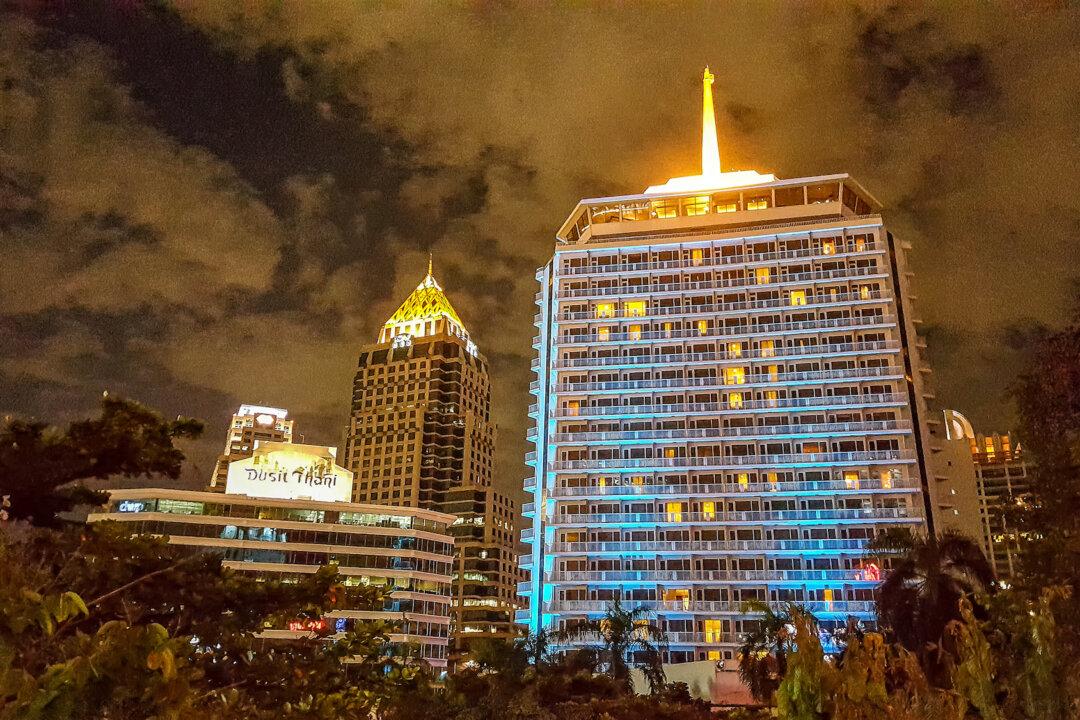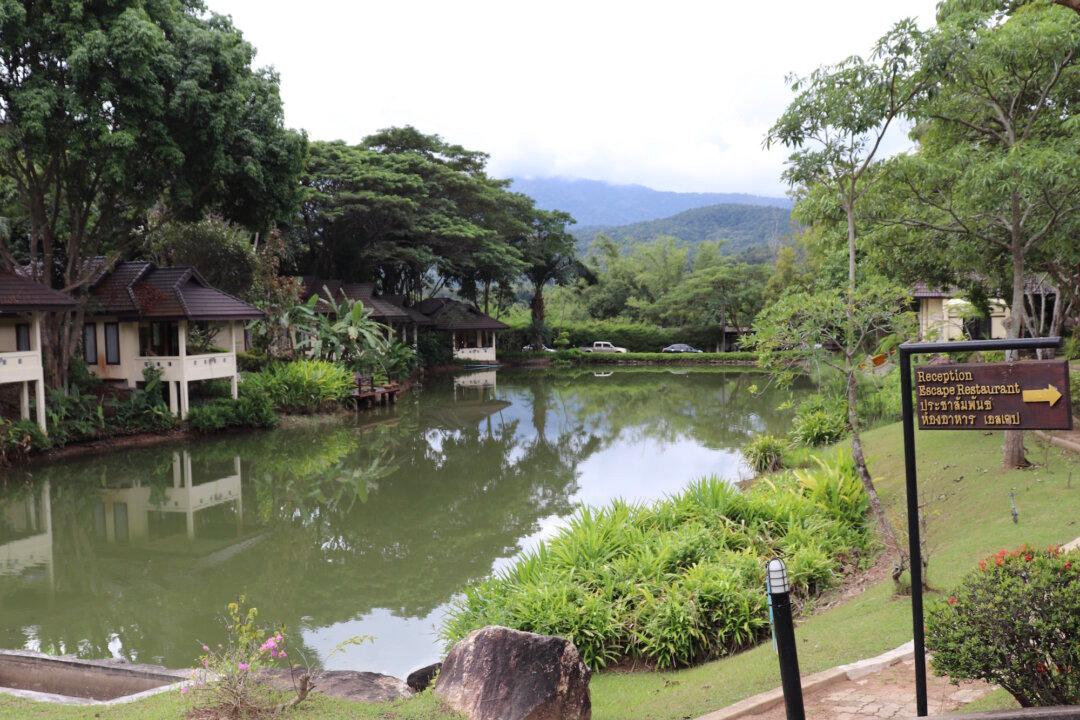BANGKOK, Thailand—The Dusit Thani Bangkok was overdue for a facelift. But admirers and long-serving employees have been heavy-hearted to learn that one of the city’s first truly international hotels, and what was once its tallest building, will close on Jan. 5, 2019, a year shy of its 50th anniversary.
Like other great modernist hotels in Asia, such as the Mandarin Oriental Manila and the original main wing of Tokyo’s Hotel Okura, it will be demolished to make way for something, well, more modern.


